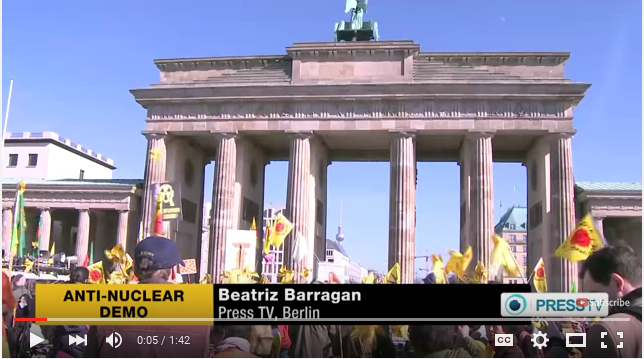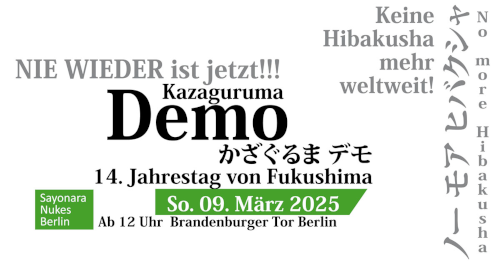|
Kazaguruma-Demo for the 14th Anniversary of FUKUSHIMA: |
|
Kazaguruma Demo - 14th Anniversary of FUKUSHIMA
Start at 12pm on Sunday, 9th March 2025
Meeting point: Brandenburger Tor (Parizer Platz), Berlin
Kazaguruma- Demo on the 14th anniversary of Fukushima: NEVER AGAIN is now!!!
2025 marks the 80th anniversary of the first atomic bombs being dropped on Hiroshima and Nagasaki. Yet the global nuclear threat is greater today than at any time since the Cold War, despite the Treaty on the Prohibition of Nuclear Weapons, which came into force in 2021 and to which neither Germany nor Japan have signed.
In 2024, the Japanese organization Nihon Hidankyo was awarded the Nobel Peace Prize for its tireless warning against the production and use of nuclear weapons. They have given a voice to nuclear victims so that the world can learn and remember what the atomic bombs have done and can do to people with consequences for generations.
The key word is Hibakusha: Hibakusha does not only mean victims of atomic bomb explosions, as is often interpreted, but also radiation victims who have been unnecessarily exposed to radioactive doses. Hibakusha have therefore not only emerged after Hiroshima and Nagasaki, but also after Chernobyl and Fukushima, after the numerous nuclear tests everywhere; every day, nuclear power plant workers and uranium miners become new hibakusha. In Ukraine, we have seen that nuclear power plants can become the target of attack. Whether from nuclear weapons or nuclear energy with radiating by-products, radioactive radiation can cause horrendous human and environmental consequences for several generations, even at lower doses. Nevertheless, all nuclear states worldwide are pressing ahead with their nuclear armaments. The nine nuclear powers - the USA, Russia, the United Kingdom, France, China, India, Pakistan, North Korea and Israel - are continuing to modernize their nuclear arsenals. This cannot be allowed to continue.
Never again is now! We must never let it come to that! No more hibakusha worldwide!
That is why we demand together:
• Germany and Japan should finally join the Treaty on the Prohibition of Nuclear Weapons! Stop nuclear weapons!
• Cancel the EURATOM Treaty
• The fastest possible global phase-out of irresponsible nuclear energy
• Immediate decommissioning of the nuclear plants in Lingen and Gronau
• No classification of nuclear energy as sustainable energy production/deletion of nuclear from the EU taxonomy
• No discharge of radioactive water into the sea, whether in Fukushima or elsewhere!
Kazagurumademo Facebook page
Past event related videos
Kazagurumademo 2025 : No more Hibakusya
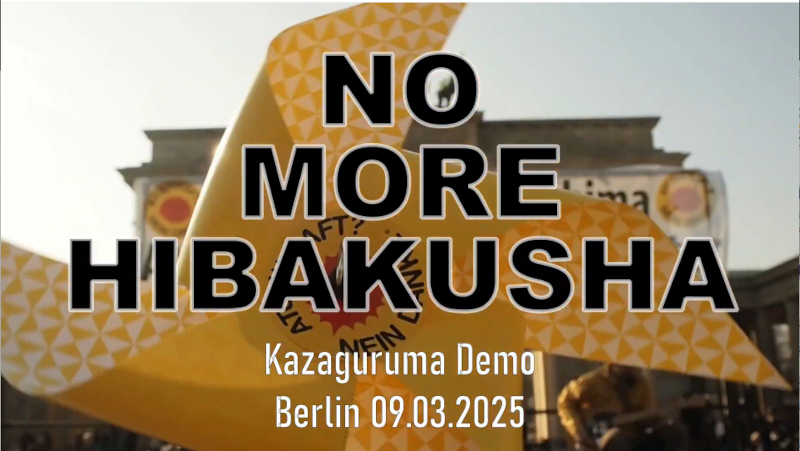
Protestival 2016 : Nuclear, Democracy and Beyond
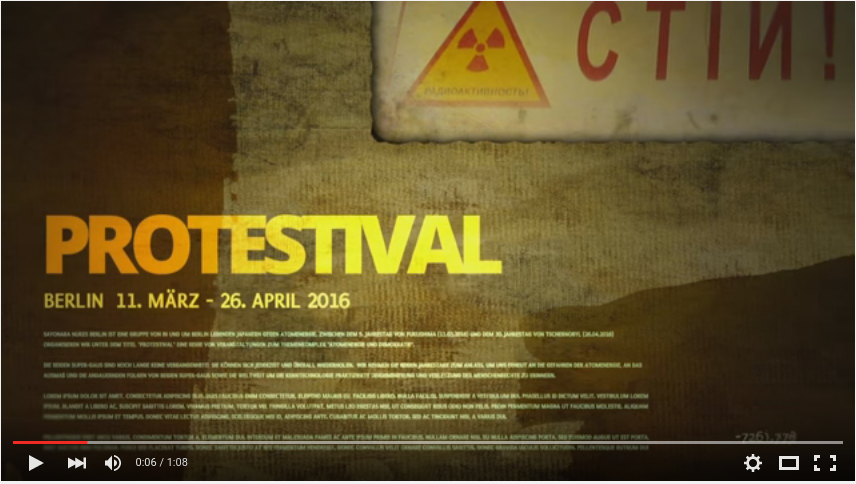
Kazaguruma Demo 2015 documentary film
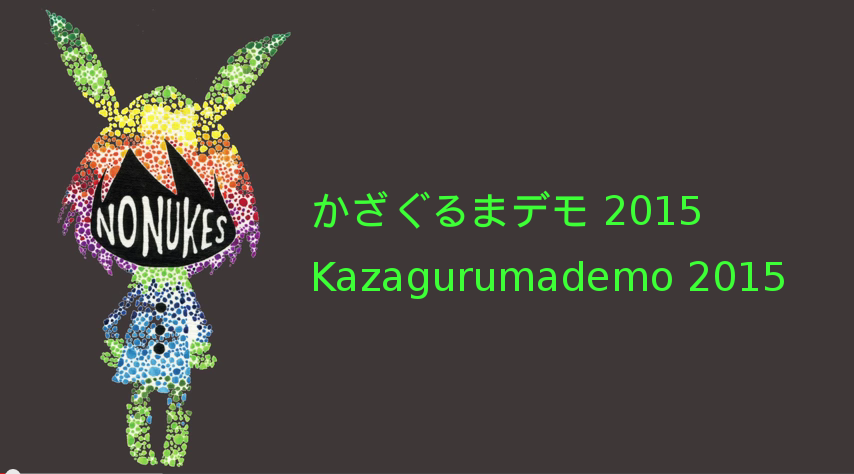
Kazaguruma Demo 2014 (PressTV)
